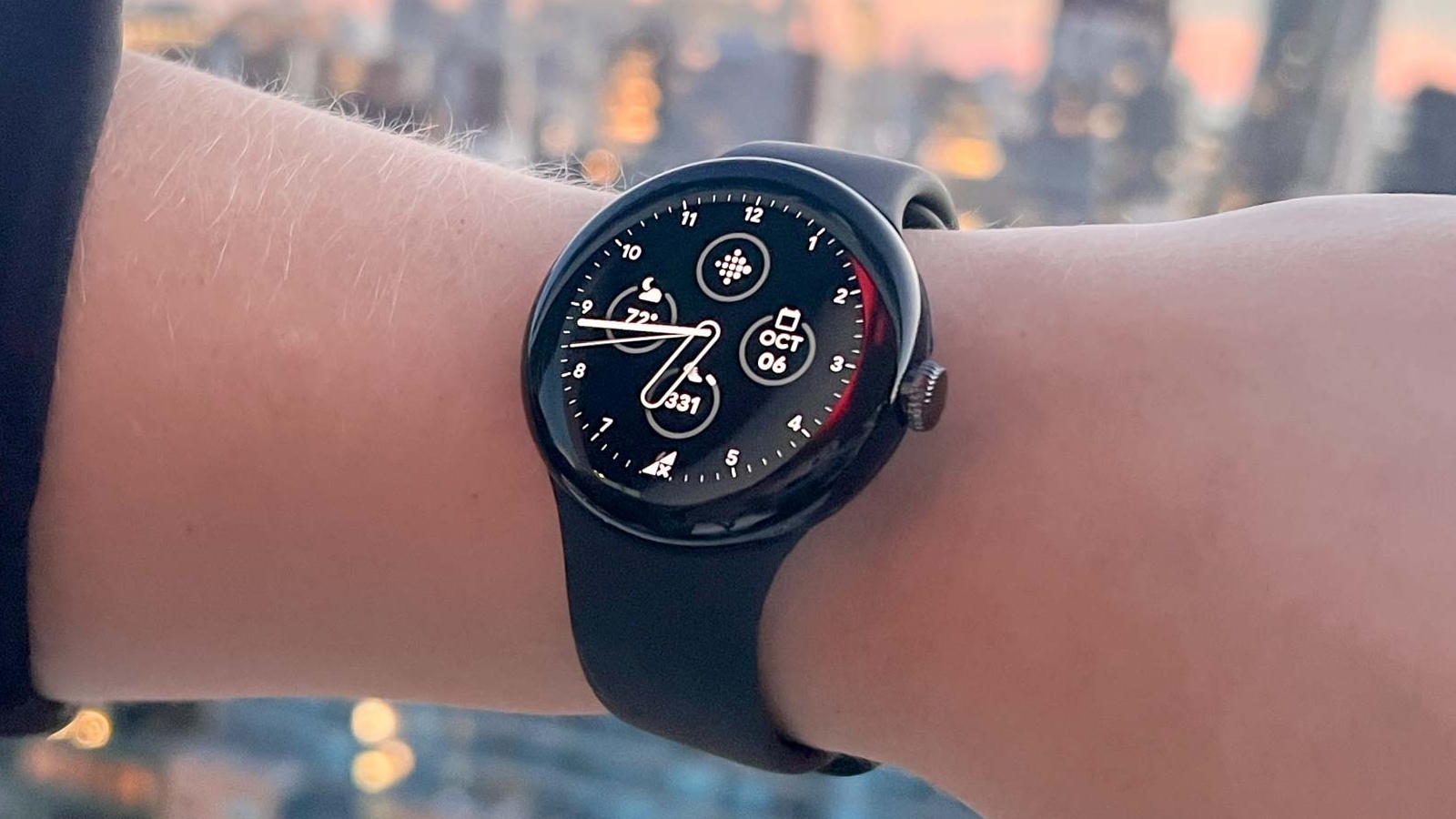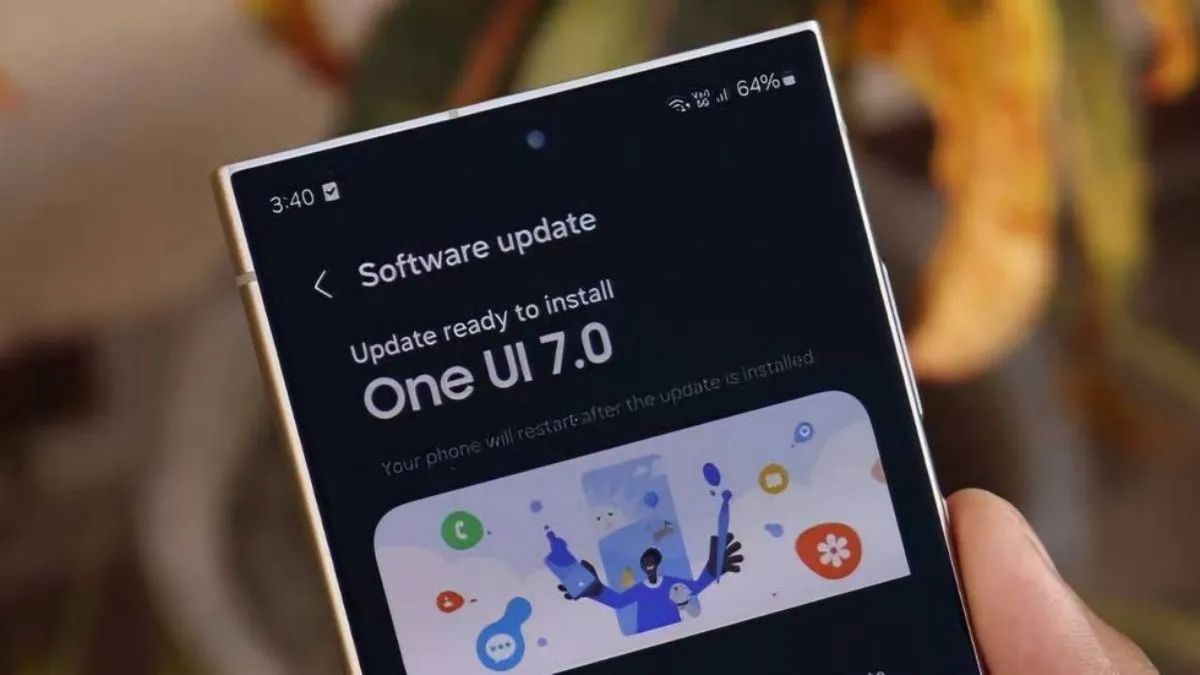Pixel 6 and 7 users have recently reported significant improvements in their devices’ performance, particularly concerning overheating and battery life, following the Android 14 update.
Key Highlights:
- Android 14 has brought under-the-hood optimizations making Pixel phones run cooler and smoother.
- Users have noted better battery life, possibly due to CPU efficiency improvements.
- Despite these enhancements, Google’s Tensor chips, especially in direct sunlight or during intense tasks, can still cause the phone to heat up.
- Google’s Pixel 6 faced heating and connectivity issues upon its 2021 release, which were addressed in the Pixel 7 in 2022.
- The Tensor G1 and G2 chips, used in these devices, are based on Samsung’s 5nm node, which is less efficient than TSMC’s offerings.
A Deep Dive into the Android 14 Update:
Google’s Pixel 6 and 7 smartphones, launched in 2021 and 2022 respectively, were lauded for their imaging capabilities and the introduction of the Tensor G1 chip, which brought new AI features to the table. However, these devices were not without their flaws. Many users reported overheating issues, especially under normal use. With the Android 14 update, Google seems to have addressed these concerns.
The Tensor G1 and G2 chips, integral to the Pixel 6 and 7, are based on Samsung’s 5nm node. This technology is a generation older and less efficient than what TSMC offers. Additionally, these chips utilize older CPU cores that consume more power. In contrast, Qualcomm’s Snapdragon 8+ Gen 1 and Gen 2 chips, used in many other Android phones, are based on TSMC’s 4nm node, resulting in cooler device operation.
However, hardware is just one side of the story. On several occasions, underlying bugs in Android or specific Google apps have been the culprits behind high idle battery drain and overheating issues in Pixel phones. With Android 14, Google has made optimizations to ensure its devices run cooler. Feedback from Pixel 6 and 7 users on platforms like Reddit indicates that their devices are not heating up as before and are operating more smoothly since the update. Additionally, there seems to be an improvement in battery life, likely due to the CPU not being as taxed.
Interestingly, Google has not explicitly mentioned any changes in Android 14 to tackle the overheating issues on its Pixel devices. Speculations suggest that the company might have adjusted the CPU scheduler to minimize the use of the big CPU cores. Such a change can directly influence battery life and the heat generated by the chip.
While these improvements are commendable, it’s essential to note that the Tensor SoCs are inherently power-hungry. As a result, even with the Android 14 update, Pixel devices might still heat up, especially during intensive tasks or when exposed to direct sunlight.
Summary:
The Android 14 update has brought a sigh of relief for many Pixel 6 and 7 users who previously grappled with overheating and battery drain issues. Google’s under-the-hood optimizations have made these devices run cooler and more efficiently. While the update has addressed many concerns, the inherent nature of the Tensor chips means that users might still experience some heating under specific conditions. Nevertheless, the overall user experience for Pixel 6 and 7 owners seems to have taken a positive turn with this update.








